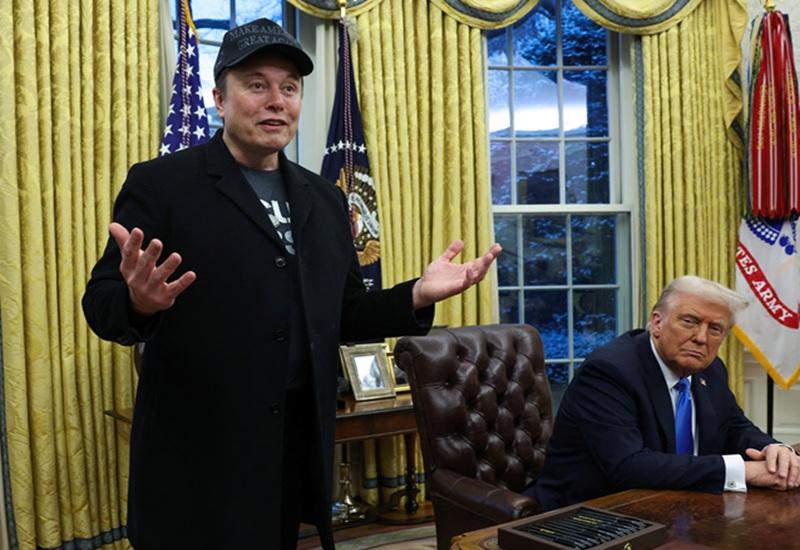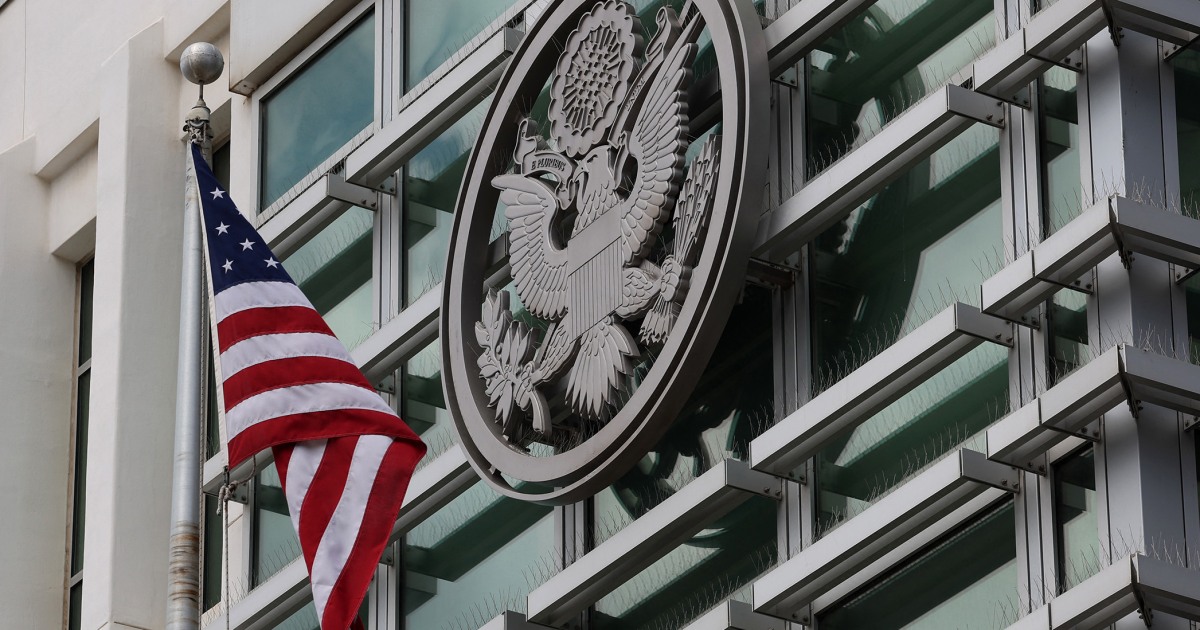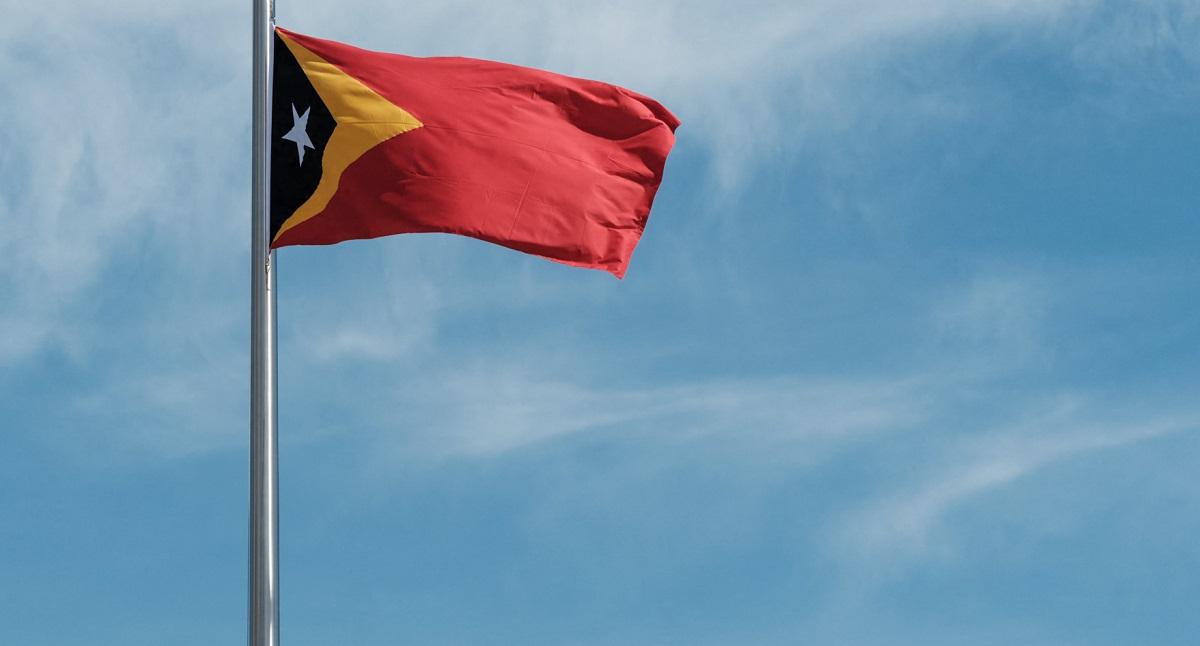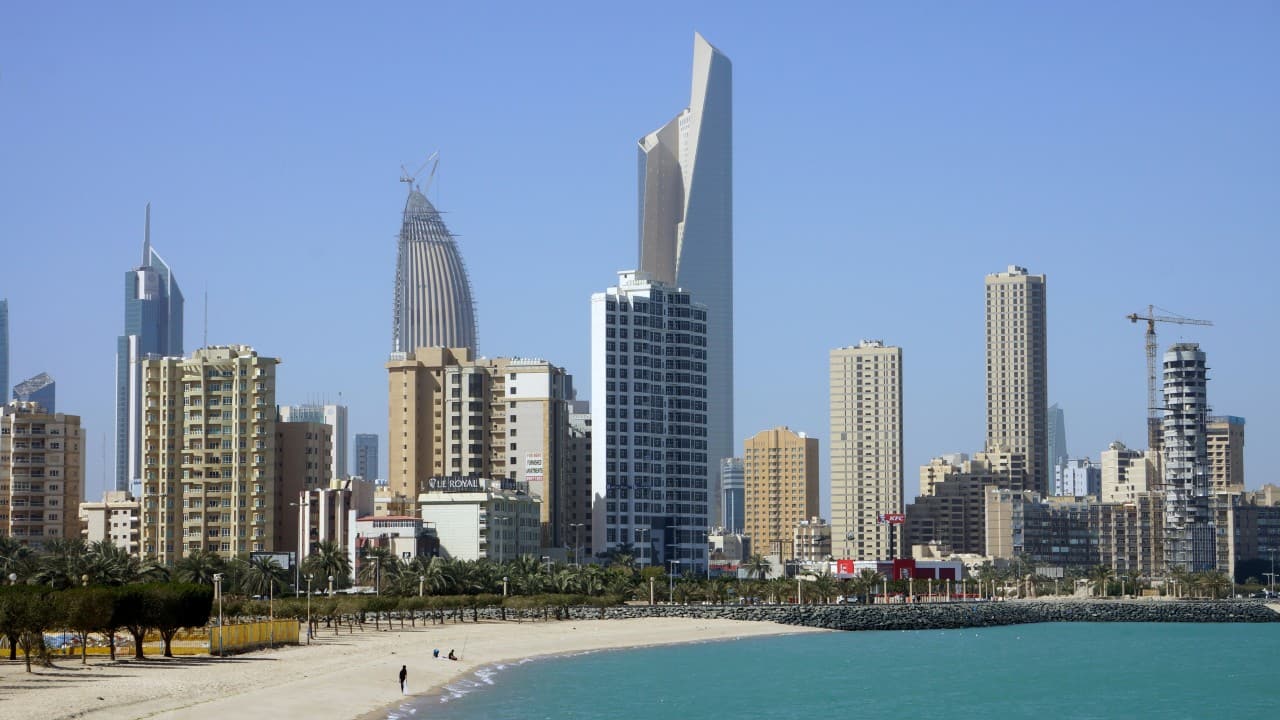US and China Continue Trade Talks in Geneva to De-escalate Tensions

Negotiations between high-ranking officials from the United States and China extended into their second consecutive day in Geneva on Sunday, focused on finding a pathway to de-escalate the ongoing trade war that poses a significant threat to the global economy.
The discussions featured Chinese Vice Premier He Lifeng, who engaged with US Treasury Secretary Scott Bessent and US Trade Representative Jamieson Greer. This marked their first in-person meeting since the two largest economies in the world initiated punitive tariffs that exceed 100% on each other’s products. Such measures have stirred considerable concern amongst global markets and economic analysts alike.
As discussions continued on Sunday, lasting for over 3.5 hours on the outskirts of Geneva, they followed an extensive eight-hour session on Saturday. Prior to the meetings, Bessent opted not to comment to the press, choosing instead to focus on the negotiations at hand.
In a positive turn of events, White House economic adviser Kevin Hassett conveyed that the Chinese officials exhibited a strong eagerness to engage in discussions aimed at rebalancing trade relations with the United States. He stated, “It looks like the Chinese are very, very eager to play ball and to re-normalize things.” This sentiment reflects a potential shift in the previously tense dynamics between the two nations.
On the same day, President Donald Trump shared an optimistic outlook on social media, stating that the two sides had undergone a “total reset” of their negotiations in a “friendly, but constructive manner.” He expressed his approval of the meeting in Switzerland, claiming that there was much discussion and progress made towards achieving favorable terms for both nations.
Trump went on to emphasize the importance of opening China to American businesses, declaring: “We want to see, for the good of both China and the U.S., an opening up of China to American business. GREAT PROGRESS MADE!!!” However, he refrained from providing specific details regarding the developments of the negotiations.
During an appearance on ‘Sunday Morning Futures’ on Fox News, Hassett reiterated that the Chinese were motivated to reset trade relations, hinting at forthcoming foreign trade deals that could be announced soon. Following the recent agreement with the United Kingdom, Hassett revealed that Commerce Secretary Howard Lutnick briefed him on the existence of two dozen additional trade deals currently in the pipeline, which he described as tailored to specific needs, much like the UK deal.
The meetings unfolded at a gated villa belonging to Switzerland’s UN ambassador, which boasts a scenic view of Lake Geneva, in the picturesque suburb of Cologny. The venue was secured and monitored, with black Mercedes vans transporting officials to and from the location amid bright sunshine.
Switzerland was selected as the neutral ground for these crucial talks, following overtures from Swiss politicians during their recent visits to both China and the United States. Washington is keen on addressing its substantial $295 billion trade deficit with Beijing. Moreover, it seeks to persuade China to abandon what the US characterizes as a mercantilist economic strategy while encouraging Beijing to contribute more significantly to global consumption—a shift that would necessitate sensitive domestic reforms.
Conversely, China has voiced its concerns regarding perceived external interference, requesting the United States to lower tariffs and clarify its expectations regarding additional purchases from China. Beijing aims to be regarded as an equal partner on the international stage, reinforcing its stance against what it views as American hegemony.
The Chinese state-run Xinhua News Agency commented on the situation, describing the United States' “reckless abuse of tariffs” as detrimental to the global economic order. Nonetheless, they recognized that the ongoing negotiations were a “positive and necessary step” toward resolving tensions and preventing further escalation.
With a backdrop of high distrust, both nations are cautious not to appear weak, which has led to tempered expectations among economic analysts regarding the possibility of a significant breakthrough. Trump had previously indicated that an 80% tariff on Chinese goods seemed appropriate, suggesting a shift from the 145% tariffs imposed on Chinese imports.
China, in turn, might be seeking the same 90-day waiver on tariffs that has been extended to other countries while negotiations are ongoing. Any reduction in tariffs and subsequent discussions would likely be interpreted positively by investors. Additionally, Vice Premier He is scheduled to meet with the director-general of the World Trade Organization, Ngozi Okonjo-Iweala, later on Sunday, further indicating the seriousness of these discussions.
Since Trump’s inauguration in January, he has ramped up tariffs on Chinese imports to an unprecedented 145%, citing unfair trade practices and accusing China of failing to regulate the export of chemicals linked to the production of fentanyl—an exceptionally potent synthetic opioid. In response, China imposed retaliatory tariffs of 125% and has staunchly resisted what it perceives as tactics of “imperialists” and bullies.



























